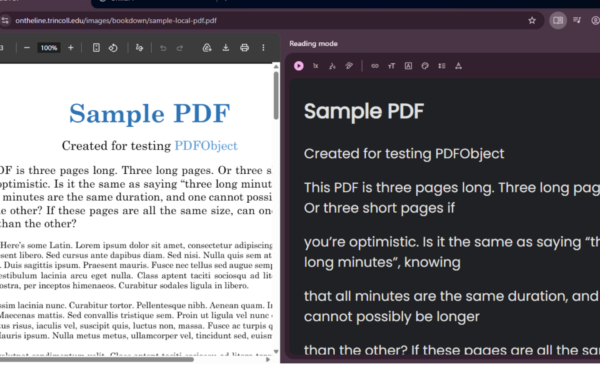Microsoft has collaborated with Kale Logistics to enable the digital transformation of Tuticorin Port, the fourth-largest container terminal and a major all-weather port in India. Now known as V. O. Chidambaranar Port Trust, the Tuticorin Port is one of the first ports in India to completely digitally transform and automate its operations and processes.
Located strategically close to the East-West international sea route in the southern Indian state of Tamil Nadu, traffic at the port has increased by 25 percent in the last five years and with burgeoning traffic, the port faced operational challenges. The port handles over 34 million tonnes of cargo every year and among 1,350 vessels, more than 550 container vessels berth at the port every year, offloading and on loading as many as 1,568 containers.
Powered by Microsoft Azure, the digitization of the Tuticorin Port has helped reduce documentation, digitally streamline movement, and considerably reduce carbon emissions.
According to J David Raja, President, Tuticorin Container Freight Station (CFS) Association, a port is a premium place for containers. The higher the dwell time or wait time at a port, the higher is the cost for everyone involved – the port authorities, the shipping lines, the exporter or importer. The V. O. Chidambaranar Port Trust reached out to Kale Logistics Solutions, a Microsoft partner focused on the logistics industry, to find a digital solution.
And then, CODEX was born. The Container Digital Exchange is a single-window platform where information from all relevant parties is captured digitally and made available to any entity that required it. Given that traffic at ports could be seasonal and subject to global, economic factors, it was critical that the platform could scale up or down easily.
Given the strategic national importance of ports, there are elements of data security, safety, reliability that come into play. We also considered the traffic seasonality that ports have and needed to optimize on cost during non-peak times. Therefore, we decided to go with Microsoft Azure for its ease of deployment, support, security, scalability, and cost optimization.
– Vineet Malhotra, Director, Kale Logistics Solutions
The adoption of CODEX unlocked multiple benefits that have not been experienced in any other port in India. With all the data being digitized, it reduced documentation errors significantly and Kale Logistics integrated the taxation system into CODEX as well. Additionally, with trucks spending less time with every container, their fuel consumption has come down from 15 litres to just 8 litres that has led to the port cutting down carbon emissions by 75 percent.
The solution is now being evaluated by the Ministry of Commerce and the Ministry of Finance for implementation at other ports in India.


